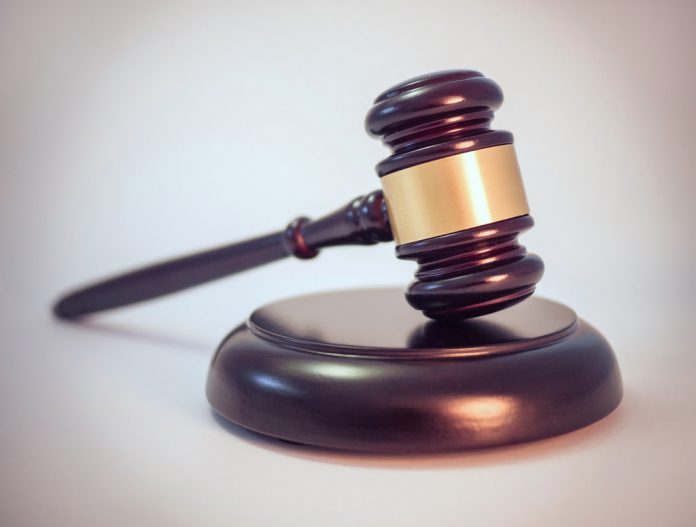On June 22, the United States Supreme Court stated police in the country must now get an official warrant to tap cell tower data. Police forces around the US could previously use cell tower data to track the location of any person. Of course, this could be vital in catching a criminal, but would also invade privacy of innocents. The Supreme Court ruling followings the now famous Carpenter v. United States case that opened in 2011. It involved Timothy Carpenter, who was arrested for robbery in Detroit. Police made the arrest after tracking Carpenter over 12,898 locations through cell service over 127 days. No warrant was needed to claim the data. However, Carpenter responded by suing the United States government for not having a warrant. During the Supreme Court ruling, Chief Justice John Roberts says: “Given the unique nature of cell phone location records, the fact that the information is held by a third party does not by itself overcome the user’s claim to Fourth Amendment protection.”
Unconstitutional
Democratic Senator Ron Wyden said the court ruling shows that unreasonable searches of user data go against the US Constitution: “The court’s recognition that digital devices can generate ‘near-perfect surveillance’ of a person’s private life is a validation of the vital protections against unreasonable search and seizure provided by our Constitution.” With a court decision of 5-4 in favour of the decision, it perhaps shows the complexity of the debate. Many people, even users would trade privacy for safety. It is also worth pointing out that the ruling will not affect other surveillance methods, such as security cameras.




